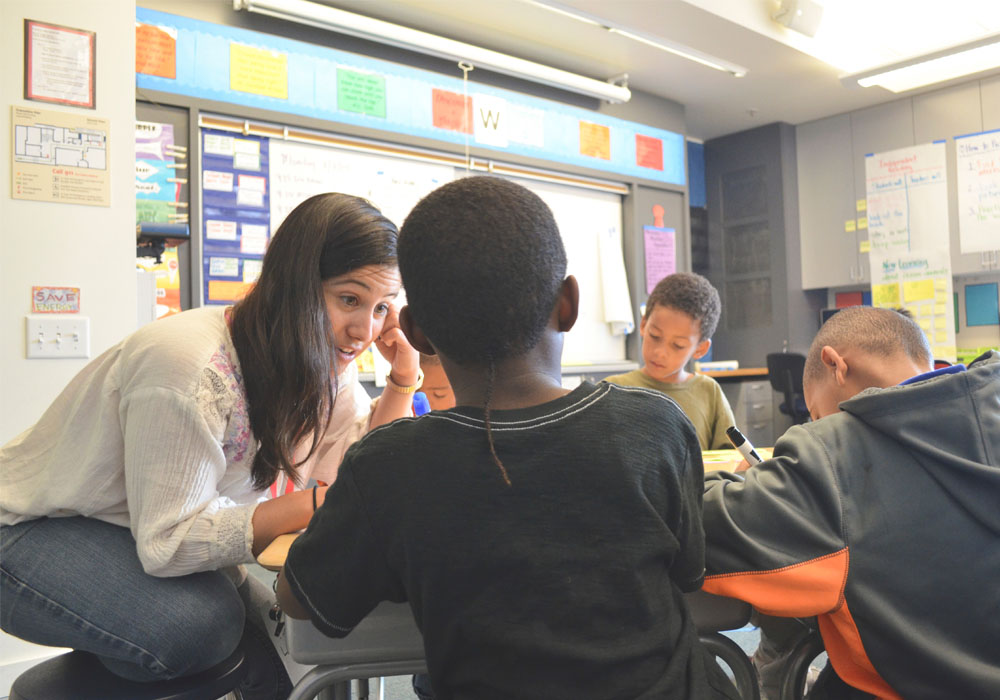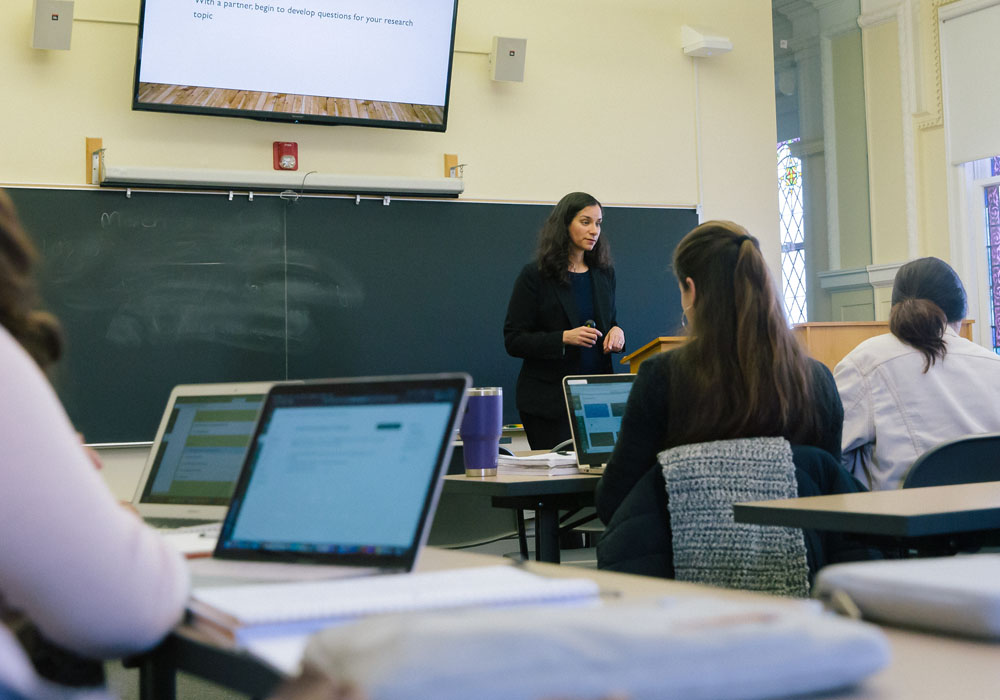About Us
The International and Multicultural Education Department is dedicated to understanding formal and informal education within diverse socio-cultural, linguistic, political and economic contexts.
Based on principles of intersectional justice, human rights, and solidarity the program critically addresses the realities of education within and beyond the borders of public schooling in the United States and around the world, while also building new ways of being and doing.
Our program equips students with the skills needed to engage in public scholarship, pedagogy and organizing work that addresses many of the key issues impacting education today.
Our History
Our Department was founded in 1975 by critical educational scholars in the U.S. IME was inspired by the educational philosophies of noted Brazilian education philosopher Paulo Freire, with whom the Department’s founders worked closely, to advance participatory and community-based education.
For over 40 years, IME programs have been dedicated to understanding transformative possibilities for formal and informal education in diverse — and all-too-often inequitable — sociocultural, linguistic, political, and economic contexts. Through the four programs in the department (the Masters in International & Multicultural Education; the Masters in Human Rights Education; the Masters in Teaching English to Speakers of Other Languages; and the Doctor of Education in International and Multicultural Education), we work toward a vision of social justice and educational equity in local, global, and transnational settings.
IME frameworks and core tenets
Here are a few of the central frameworks that guide our work in IME that we turn to in our courses, events, and as a way to stay focused on the work that is needed in these times:
IME frameworks and core tenets, drawn from Racial Justice, Abolitionist Frameworks, and Human Rights Education(HRE):
- Every human being deserves dignity, safety, and belonging. No one is disposable.
- We grieve all loss of life. We aim to channel our collective grieving towards transformative action to address injustice.
- We reject binary, either/or thinking; and understand that we can hold multiple perspectives and complexities.
- Love, study, struggle. We turn to histories and critical analyses of power to contextualize our current moment, to work for a more just future.
- Our liberation is connected to others and we look to social movements and transformative solidarities for our ways forward.
SOE - Mission
The school’s mission is to act collectively and leverage our resources in ways that are driven by our Jesuit mission and responsive to our constituents’ needs. We strive to have a measurable impact in schools and communities, particularly for those most affected by injustice.

